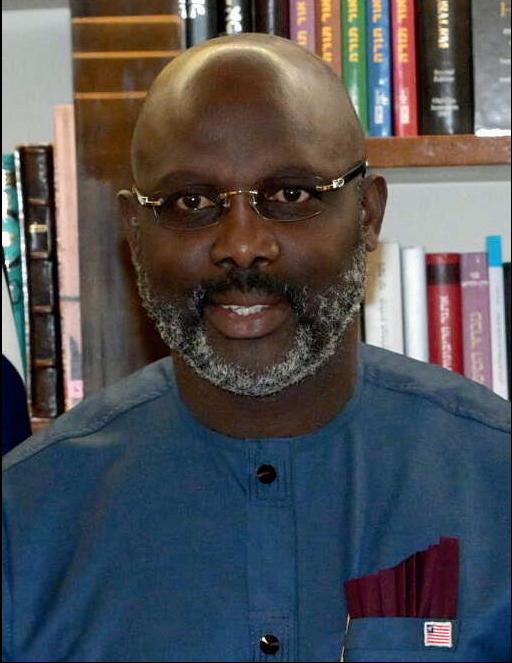
3 minute read
A Question of recognition
AFRICA’S LEGACY IN THE BALLON D’ OR:
Each year, the Ballon d Or crowns the “world’s best footballer” yet for all its international prestige, only one African player Liberian George Weah in 1995 has ever won the award. This milestone made Weah both the first and only African and the first non- European player to claim the title. Before that groundbreaking moment, the award was strictly limited to European players, known officially as the “European Footballer of the Year.” It wasn’t until 1995 that the rules broadened to include players worldwide, though only those playing in European clubs were eligible. In 2007, the floodgates truly opened, allowing the Ballon d’ Or to consider players from any league around the world. But more than two decades since these changes, only one African name appears on the list of winners. The closest an African player has come to winning in recent memory was in 2022, when Sadio Mane was runner-up to Karim Benzema. For Africa, a continent rich in talent and sporting passion, the persistent question arises: Why are African players so often left out of the Ballon d’ Or conversation? This question runs deeper than football, hinting at a systemic undervaluing of African athletes despite their immense contributions. When the media wonders, “Why do African players consistently struggle at the Ballon d’ Or awards?” it overlooks the reality that African players have excelled in Europe’s top leagues for decades.
Legends like Didier Drogba, Samuel Eto’o, Yaya Touré, and Mohamed Salah have set records, won championships, and become symbols of skill and endurance. Despite this, their names are frequently overlooked for the sport’s most celebrated individual award. This trend raises the question:
Does FIFA and the larger football community see this as a disparity worth addressing?
George Weah’s experience remains a powerful, if painful, example of this issue. After his historic win, he was met with thinly veiled racism, his achievement headlined by *La Gazzetta dello Sport* with, “Oh, the Black wins the Gold.” Even within his own club, AC Milan, he faced ridicule that he would later describe as a painful reminder of the prejudices African players endure. Weah has since commented that his Ballon d’ Or win, rather than opening doors, left him wrestling with Europe’s biases against African success.
For Africa, the disparity in recognition at the Ballon d’ Or isn’t just about the award itself it’s about equity and respect on the world’s sporting stage. Consider the 100-member voting body, composed of journalists from FIFA’s top 100 countries. These voters each select their top five players from a pre-selected list, with descending points awarded. But who shapes this list? And how many voters understand the pressure and expectations placed on African players who consistently excel across Europe’s top leagues?










